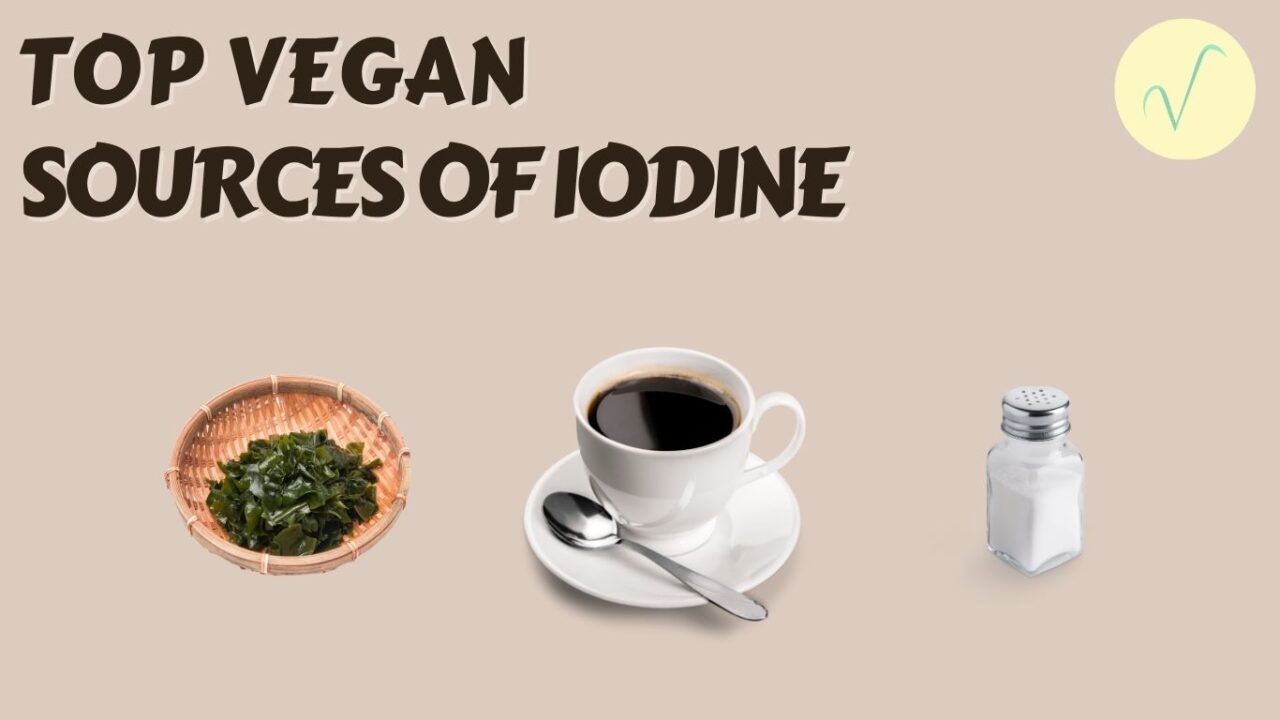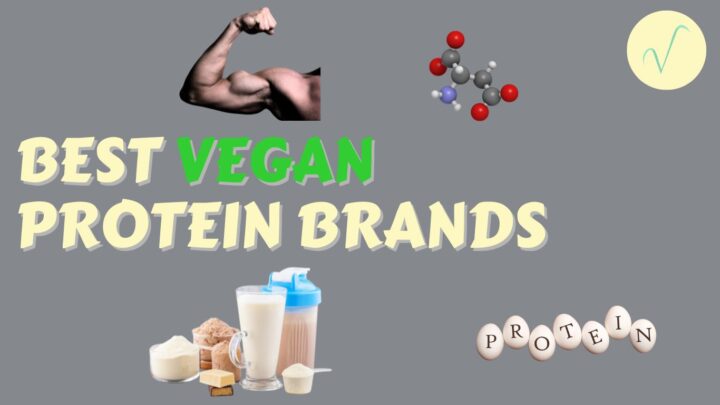Iodine is an important nutrient for everyone to ensure they get enough of in their diet. Good thing is, the vegan diet doesn’t make it difficult to include iodine in your daily dosage.
With the recommended daily amount being 150mcg/day for healthy adults, and the majority of iodine sources being from animal food sources, it’s important you know your options as a vegan.
Do vegans get enough iodine?
In a study conducted in 2003, 80% vegans suffered from iodine deficiency.
As a vegan we don’t want to fit into that statistic, especially when there are plenty of plant based sources of iodine to choose from.
Our list of vegan iodine sources
So what are the natural vegan sources of iodine? Let’s go through the full list of iodine-rich vegan foods to incorporate into your daily diet.
The majority of these foods are seaweeds; we tried our best to include multiple types to help you make more realistic shops based off your preferences.
Plant-based seaweeds rich in iodine
Nori
A banging snack, commonly used as the go-to seaweed for sushi.
This tasty seaweed typically comes plain or seasoned for those who like to snack on ‘em. Gram for gram providing 15-45mcg/g, or 11-30% of your DRV.
Wakame
The long strands of seaweed you’d see in noodle soups in Japanese restaurants. Wakame is a more textured seaweed providing more bang for your buck.
Wakame contains about 42mcg per gram, according to a recent study, or 30% of your daily value. doses and amount of iodine per gram depends on where it was grown.

Kombu (or kelp)
You’d typically find kombu in an Asian supermarket, in the form of seaweed chips, as they’re typically the thicker seaweed of choice for that.
Kombu is also a rich source of iodine, providing 2353mcg/g of seaweed within the same study. That’s about 1500% of your DRV, so if you find yourself running short, you know where to start!
There is a caveat to this however, if you were to boil kombu in water for 15 minutes, you can lose up to 99% of iodine content. The same study also shows the broth left over from boiling seaweed being high in iodine, so we recommend making soups with it.

Irish moss (or seamoss)
Irish moss contains about 3.8-5.2mg/kg of dry weight. Good thing is, with seamoss and its different modes of preparation, you can fully utilise the nutrients and find more regular ways of consuming it!
Whether you prefer using it to bulk up a salad dressing, soup or smoothie. Be weary to not consume too much in a day, as a rule of thumb try to limit yourself to 2 tablespoons a day.

Iodised salt
This varies upon source to source and would probably be best to check the label with this one. Iodized salt contains around 45mg/kg according to a source.
That amounts to around 45mcg/gram of salt, giving you 30% of your RDA. The UK is significantly less, at 11.5mg/kg, giving you 8-10% instead. So it’s important to not solely rely on salt for your daily intake.
Lima beans
A popular choice in Central America, Lima beans are rich in folate, iron and magnesium – not to mention iodine too.
1 cup of Lima beans provides you with 10% of your daily recommended intake.
Coffee
I know right? Who’d have known coffee would make the list? It was actually one of the surprising ones for me too.
According to this study, coffee contributed 11.5% of daily iodine intake.
Organic potatoes
We stress the word “organic” as it’s important you source the best quality potatoes if you plan to consume these as a source of iodine, on a regular basis.
Conventional potatoes tend to be susceptible to absorption of pesticides. In the US, 100g of potatoes provides you with 13% of your daily iodine, more if you have over 100g.
How about some hash browns made with some iodised salt for breakfast with your morning coffee? A good way to get an iodine boost first thing!
Should vegans take an iodine supplement?
It’s important to ensure you don’t overdo your intake, but if you slip behind it’s important to ensure you get a supplement or incorporate some recommended foods into your diet.
Thyroid related issues as a result of deficiencies far outweigh the risks of occasional overconsumption. Just be weary to ensure you’re eating and supplementing in moderation.
If you eat a bunch of sushi in a day, probably best to skip the supplement.
Are meat and dairy better forms of iodine?
Iodine is a necessary nutrient, but in small doses. over consumption of iodine can lead to thyroid disorders, with meat and dairy being the main contributors.
With iodine in milk and meat products increasing exponentially due to changes in animal feed, it can be hard to know how much iodine you’re really getting, unless you get tested regularly, according to this study, iodine transfer to milk is higher than that to meat.
The same can also be argued for some seaweeds, where you’re never quite certain how much iodine you’re getting. In this case, it may be safer to say, take this info with a pinch of (iodised) salt, and see what works best for you!




